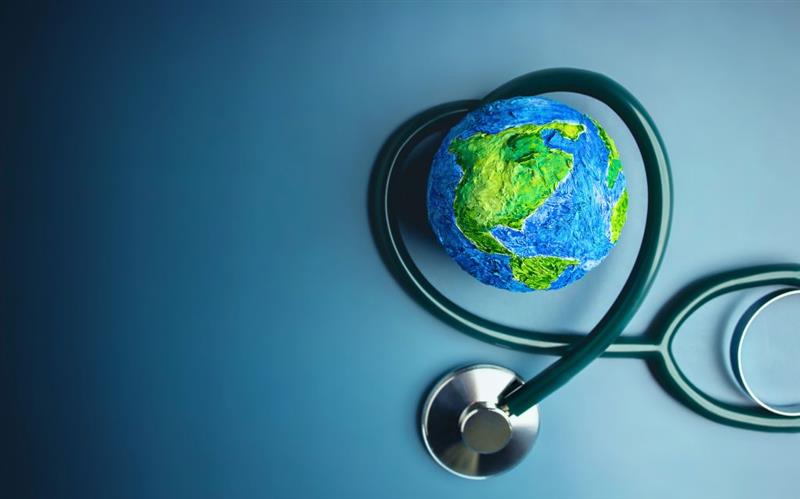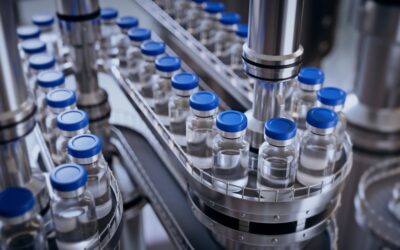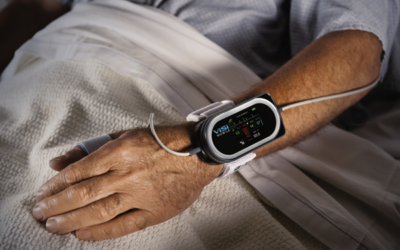
Each year, World Health Day invites reflection on global healthcare challenges and the importance of ensuring safe, effective and accessible care. Technological innovation plays a key role in improving the quality of medical care, reducing infection risks, and optimizing healthcare processes.
The evolution of technology applied to healthcare has radically transformed the way safety and hygiene protocols are managed. Advanced sterilization and decontamination systems make it possible to drastically reduce the presence of pathogens, preventing contamination that could put patients and providers at risk.
The adoption of automated processes not only increases the reliability and accuracy of procedures, but also helps improve the operational efficiency of healthcare facilities, reducing waste and optimizing resources.
Innovation and sustainability in global health
In an increasingly interconnected world, infection control is a critical public health challenge. The spread of antibiotic-resistant bacteria and the need to ensure sterile environments in medical and pharmaceutical settings require increasingly sophisticated solutions. Automation of washing and sterilization processes significantly reduces the margin for human error, improving traceability of operations and ensuring adherence to strict quality standards.
Along with efficiency and safety, sustainability has become a priority in modern healthcare. Increasing attention to environmental impact has led to the development of technologies that reduce resource consumption without compromising performance quality. The responsible use of water, energy, and chemicals in decontamination processes is essential to minimize waste and reduce the ecological impact of healthcare facilities.
World Health Day reminds us that research and innovation are indispensable tools for addressing global health challenges. Investing in advanced technological solutions for sterilization and washing means not only protecting people’s health, but also helping to build a more efficient, safe and sustainable healthcare system.
The evolution of medical technologies will continue to offer new opportunities to improve disease prevention and treatment. On this day, it is critical to recognize the value of science and innovation in ensuring the universal right to health and promoting lasting global well-being.


